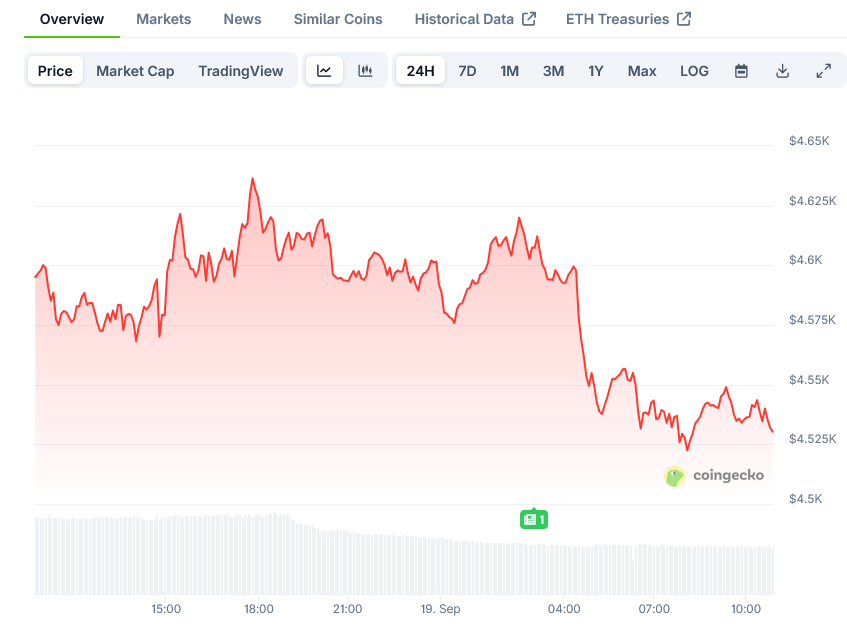Zimbabwe’s central bank to issue gold-backed digital currency: Report

The Reserve Bank of Zimbabwe plans to introduce a gold-backed digital currency as legal tender in a bid to stabilize its local currency.
The Reserve Bank of Zimbabwe is set to introduce a gold-backed digital currency to serve as a legal tender in the country. The move is a government initiative to stabilize the local currency from its depreciation against the United States dollar.
According to a report from local media Sunday Mail, the move will allow small amounts of Zimbabwe dollars to be exchanged to the digital gold token, enabling more Zimbabweans to hedge against the currency volatility. Central bank governor John Mangudya said the plan intends to „leave no one and no place behind.“
Zimbabwe’s currency trades nearly Z$1,001 against $1 dollar, but is normally exchanged for Z$1,750 on the streets of Harare, the country’s capital, according to Bloomberg. Zimbabwe’s annual consumer price inflation reached one-year low in March at 87.6%, from 92% in February.

According to Mangudya, the exchange rate in the parallel market is expected to stabilize after tobacco farmers receive their United States dollar payments in the coming weeks. The authority said the current exchange rate volatility was caused by „expectations of increased foreign currency supply“ on the market due to the tobacco season.
The monetary dysfunction in Zimbabwe led to a lack of small changes in the country, according to a Wall Street Journal report from March. Businesses have started printing their „own money“, often on handwritten scraps of paper, so users can pay for future purchases.
Zimbabwe has been fighting against currency volatility and inflation for over a decade. In 2009, the country adopted the US dollar as its currency after an episode of hyperinflation. In 2019, the Zimbabwe dollar was reintroduced in an effort to revive the country’s struggling economy. Last year, the government decided to use the US dollar again in a bid to curb surging prices in the country.
Crypto adoption has grown in many African countries as a result of the economic challenges. According to Chainalysis, the Middle East and North Africa region is the fastest growing region for crypto adoption in the world thanks to cross-border remittances, with over $566 billion in crypto transactions between July 2021 and June 2022, up 48% from the previous year.
Magazine: Bitcoin in Senegal: Why is this African country using BTC?






